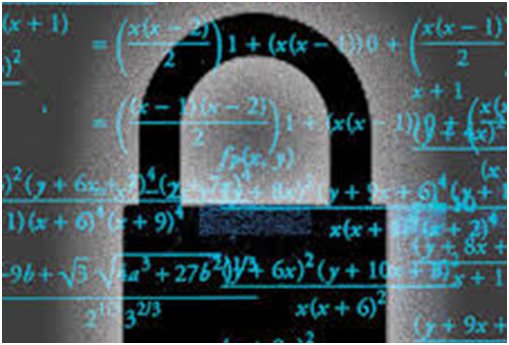Innovative Encryption Algorithm Developed in South Korea

The National Institute for Mathematical Sciences announced on April 27 that it has developed a multivariate and simultaneous quadratic equation-based public-key encryption algorithm capable of coping with attacks by means of quantum computers.
According to the institute, the algorithm is designed such that a user’s digital signature value can never be falsified unless the solution of a multivariate and simultaneous quadratic equation is obtained. “Unlike existing public-key encryption algorithms such as RSA and ECDSA, the algorithm is not based on integer factorization and discrete logarithm equation, and thus Shor’s algorithm is not applied to the algorithm,” it added.
The new algorithm allows quick encryption even in a low-performance CPU and is applicable to IoT devices equipped with such CPUs. The institute explained that the application of the algorithm to an 8-bit CPU resulted in public-key encryption 30 times faster than the international standard.
“With public-key cryptography highly dependent on foreign technologies, the new algorithm is very meaningful in terms of integrity, authentication, non-repudiation, and many more,” the institute said, adding, “It is expected to be utilized for device authentication in various environments such as self-driving cars, unmanned aerial vehicles, smart manufacturing and wearable devices.”